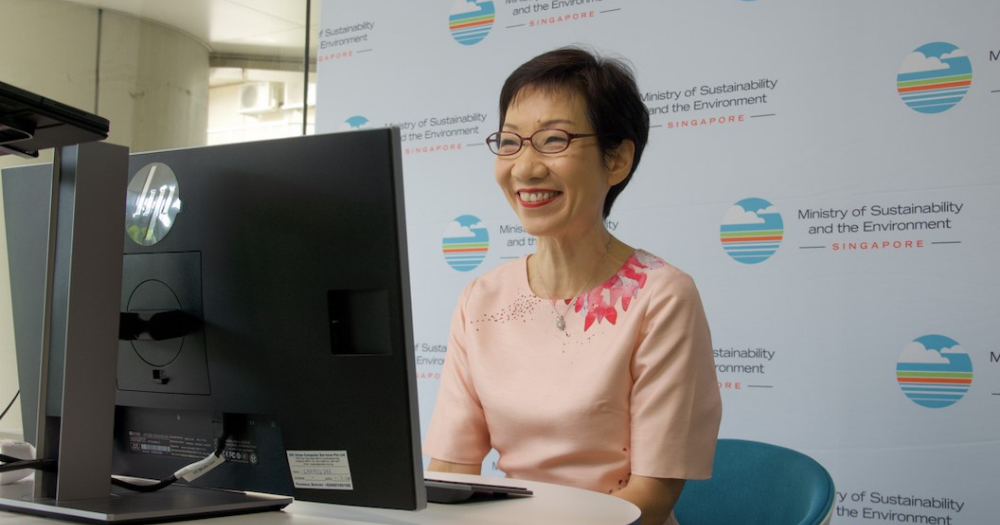An increasing number of businesses in Singapore are adopting sustainable procurement practices, a move commended by Minister for Sustainability and the Environment Grace Fu in a speech on Nov. 10.
Benefits of sustainable procurement
Speaking at the SG Sustainable Procurement Forum, Fu highlighted the need to step up sustainability efforts, especially in businesses' supply chains.
"Today, businesses are defining sustainability, or risk having sustainability defined for them," she said.
Not only can implementing sustainable practices help improve resource and operational efficiency, they result in significant cost savings — waste is reduced, which leads to lesser costs for transportation, materials and waste disposal.
Consumers are also starting to recognise the significance of products' environmental footprint and realise the importance of environmentally-friendly practices in the private sector.
Fu cited a 2019 study by the IB Institute for Business Value, which found that nearly eight out of 10 respondents stated that sustainability was important to them.
Of this group, more than 70 per cent were willing to pay more for brands that are sustainable.
"The drive for sustainability will cause companies to impose sustainability goals through the supply and logistic chains, impacting the way they procure their downstream supplies and services," Fu noted.
DBS and WRS among companies with more sustainable procurement
In order to support this transition to green practices, sustainable procurement is the way forward.
Fu highlighted several examples of companies doing their part to sources for sustainable alternatives to reduce overall waste.
This includes DBS, which now purchases laptops in bulk packaging instead of packaging laptops individually.
The bank has also changed its packaging materials from styrofoam to recyclable cushioning, thus reducing the cost, carbon emissions generated and the amount of packaging materials used.
Wildlife Reserves Singapore is another organisation that has improved their policies.
They source "ugly food" — food with physical imperfections deemed too "ugly" to be sold to consumers at supermarkets, but is still edible — like fruits and vegetables to use as animal feed.
Said Fu:
"By including more sustainable requirements into tenders and actively sourcing for and developing more sustainable alternatives, buyers of goods and services can send a strong and clear message that sustainable procurement is the way forward. When more businesses buy sustainably, others within the supply chain would be encouraged to do so. Collectively, we can all play our part to drive sustainable demand in Singapore."
Reviewing sustainability policies to improve standards
In order to set an example for businesses, the public sector will be improving their sustainable procurement standards as well.
Under the Public Sector Taking the Lead in Environmental Sustainability (PSTLES) initiative, which was introduced in 2006 and updated in 2014, various targets on resource management, energy efficiency and waste management are laid out for public sector agencies.
Fu revealed that the government will be reviewing PSTLES to raise sustainability standards "so that the public service can continue to lead in sustainability and climate action".
Aside from PSTLES, the Economic Development Board and the Housing and Development Board have also been leading the SolarNova programme since 2014.
The programme aggregates demand for solar energy across all government agencies to leverage on economies of scale, which allows agencies with lower energy demands to benefit from decreased costs.
Fu ended her speech urging individuals, businesses and organisations in Singapore to "join us on this national agenda" to incorporate sustainable practices into their everyday lives.
Totally unrelated but follow and listen to our podcast here
Top photo from Grace Fu / FB
If you like what you read, follow us on Facebook, Instagram, Twitter and Telegram to get the latest updates.
